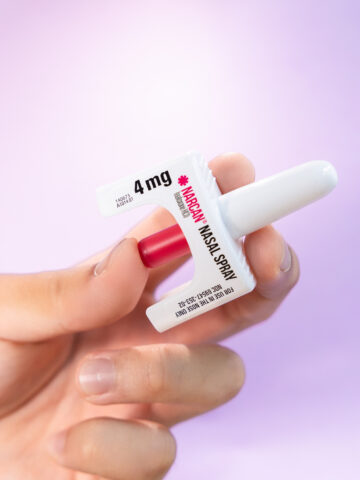By Grace Lee, clinical pharmacist at CHOC

Medication compliance is defined as how well a patient follows the directions written on a prescription. In a perfect world, we would follow the instructions ordered by our doctors all the time. However, there are many reasons why this doesn’t always happen. Poor compliance can lead to the failure of a treatment plan in many diseases. Also, if the doctor assumes that a patient is taking his or her medications as directed when they actually aren’t, this may lead to unnecessary dose adjustments since the doctor thinks the medication is not working.
Maintaining perfect compliance is difficult but not impossible. While all of us are prone to forget a dose of medication here and there, there are ways to improve our chances of remembering. Consider these tips on improving medication compliance:
- Try linking medication doses to other daily activities, such as eating meals, brushing your teeth, or going to bed.
- Create a medication schedule on paper or use a pillbox that contains days or a week’s worth of medication. This is an especially good idea when multiple care takers are involved, or if the child spends time in more than household. Refill the box at the same time every week.
- Alarms on your watch or smartphone are another way to remind yourself when it’s time to take or give medicine. Many smartphone apps allow you to set reminders to take or give a dose, obtain refills, and even provide drug information.
- Sign up for automated refill reminders at your pharmacy or consider a mail-order service that can deliver up to 3 months of medication at a time so you don’t run out.
- If the cost of your medicine makes it difficult to afford refills, speak with your doctor or pharmacist about generic or alternative options.
- Since compliance dramatically decreases with the complexity of the medication regimen, ask your doctor or pharmacist if the regimen can be simplified by using combination products, longer acting formulations, or if certain drug can be eliminated.
Non-compliance could also result from not understanding the importance of taking the medicine or disliking the side effects. Having a trusting, open relationship with your health care provider is the best way to overcome these concerns. Be honest with your doctor – if it is unclear why you need a certain medication, clarify it with your prescriber. Often there are other medications that can be tried if a side effect is unbearable. Do not take alternative or herbal medicines, assuming they are safer than your prescription medications, without consulting with your doctor or pharmacist first.
The teenage years are an especially challenging time to maintain medication compliance. Often time parents want to hand over the responsibility of administering medicines to their teen, but they may be forgetful or feel embarrassed to take their medications in front of their peers. Smartphone apps are especially good for this age group. Setting up a support system involving the school nurse or close friends can be useful when you are not around to monitor. If embarrassment is a concern, encourage them to take the medications privately. For parents who want to monitor how well their child is doing keeping up with medications, there are bottle caps that count the number of times a bottle is opened, or devices that record how many times an inhaler has been used. Remind them of the positive rewards to staying healthy, such as the ability to participate in sports, go out with friends, and even drive.
For a higher fee, there are pill bottles that can be programmed to flash or make noises when a dose is overdue, or personalized rolls of presorted medications that come in a dispenser. Like any habit-forming behavior, the tips on improving medication compliance that will work for an individual or family will vary. The important thing is to develop a plan and stick with it. With the help of your doctor and pharmacist, strong compliance is achievable!





